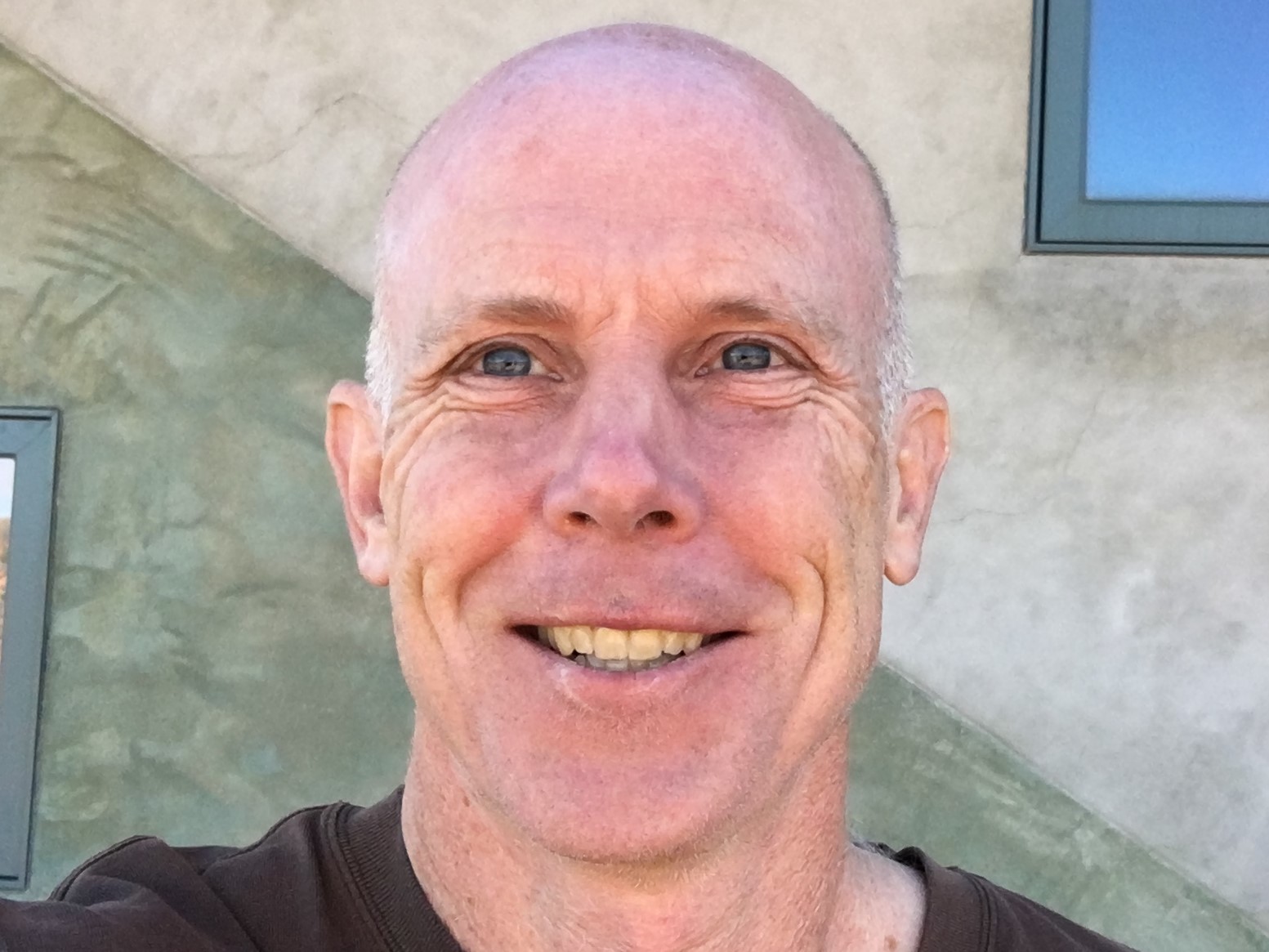Some information may be outdated.
Let’s review the history of the form-of-government debate in Grand County:
* 1992 – Grand County’s current form of government approved by popular vote;
* 1993 – Republican attempt to recall newly elected non-partisan council members fails (lost popular vote);
* 2004 – Republican attempt to change/revert form of government fails (lost popular vote, 2,350 to 1,530);
* 2012 – Republican attempt to change/revert form of government fails again (lost popular vote again, 2,198 to 1,634);
* 2018 – Republican Party does an end run around Grand County voters.
The last bullet point refers to the recently passed HB 224 legislation. HB 224 is poorly written, so lawyers are still arguing about what exactly it means. One likely outcome is that local Republican insiders (Lynn Jackson, Jeramy Day, Jerry McNeely, Gene Ciarus, Manuel Torres) will be in charge of selecting a new form of government for Grand County. If voters reject the Republican proposal, then the county will be forced to switch to a three-person county commission form, which is what the Republicans have been promoting (unpersuasively and unsuccessfully) for the past 25 years. Keeping our current form is not an option. It’s a sort of “heads I win, tails you lose” situation. A determined minority (local Republican insiders) is close to prevailing after 25 years of failure, not by persuading Grand County voters, but by changing the rules while no one was looking.
This is not an April Fools joke.
How could this have happened with the vast majority of Grand County residents being unaware of it until after the governor signed the bill? I asked a Democratic state legislator, and she said the bill went through committee quietly because UAC (Utah Association of Counties) did not raise objections. Why wasn’t UAC looking out for Grand County’s interests? Grand County Council member Curtis Wells is on UAC’s board of directors, so one would have hoped he would be looking out for Grand County’s interests. But Wells has long been a vocal opponent of Grand County’s current form of government. Despite Wells’ frequent visits to the state legislature, HB 224 became law with few legislators knowing that its provisions are deeply unpopular in Grand County, and few Grand County voters knowing that a new, more partisan form of government was about to be imposed on them without their consent.
What does Curtis Wells say in his defense? Basically, he says sounding the alarm on HB 224 was not his job. This excuse will not fly. Consider the following analogy.
Imagine visiting the beach with a group of friends. You and a few others want to splash in the waves. Many in the group want to stay dry. Because you are all from the same county, you all have to do the same thing, all get wet or all stay dry. You have a vote and the dry faction prevails. Later, after much discussion, you have a second vote and the dry proponents are still in the majority. After while, the question comes up again and the dry vote wins by a significant majority. Then you (who would prefer to be wet) notice a large rogue wave bearing down on the group. No one else is looking – they are distracted by other important issues. If you say nothing, everyone will be drenched, which will displease the majority but is fine by you. Do you warn the group and give them a chance to try to stay dry?
If you are Curtis Wells, the answer is, apparently, say nothing – the majority wants to stay dry, but your opinion counts for more than theirs. They should look out for themselves. But if you are like most people, in this or any analogous situation, you would feel a moral obligation to warn others, even if doing so is not in your own narrow self-interest.
How do our local Republican insiders attempt to justify placing themselves in the driver’s seat, despite having consistently lost at the polls for the past 25 years? Essentially, they say that they know better than the voters. This is arrogant and wrong. Republicans argue that nonpartisan elections are somehow bad. They seem a bit freaked out that they have less control over who appears on the ballot than do their counterparts in other counties. They want to bring back primaries in which only registered Republicans can vote.
The local Democratic Party, in contrast, welcomes unaffiliated voters (those who have not joined a political party). Our primaries are open to unaffiliated voters, as is our local central committee. We think political parties do not have a monopoly on good ideas. We think independent, unaffiliated candidates should have equal, first-class access to the ballot. We support Grand County’s current system of non-partisan elections.
If Republicans have their way, future ballots will prominently display the party affiliations of County Council candidates. I expect Grand County voters will remember which party caused all of this mess, and vote accordingly.
Kevin Walker is chair of the Grand County Democratic Party.
The Moab Sun News will be publishing a different perspective about HB 224 in next week’s edition of the newspaper.
Appreciate the coverage? Help keep local news alive.
Chip in to support the Moab Sun News.



